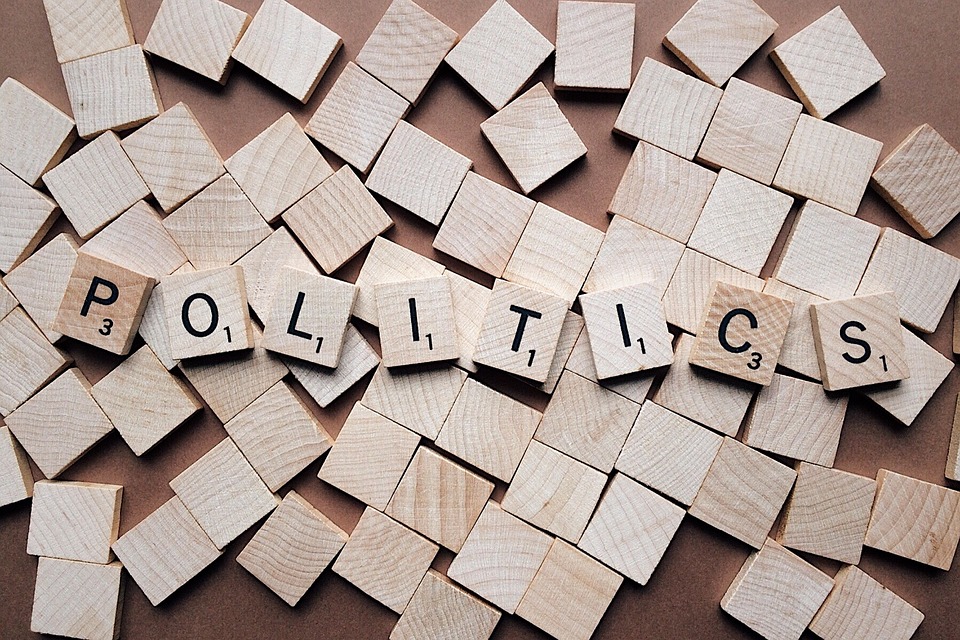
At first glance, Jacksonville may seem like just another city in the state of Florida, but a deeper look reveals a complex and unique political landscape. With a population of over 900,000, Jacksonville is the largest city by area in the contiguous United States and the 12th most populous city in the country. As such, it boasts a diverse and dynamic political environment that affects not only its citizens but also the state and the nation as a whole.
Historically, Jacksonville has been a stronghold of the Republican Party. The city has elected Republican mayors for the past two decades, and it is home to Republican Senator Marco Rubio. Additionally, the city consistently votes Republican in national elections, and the surrounding suburbs are predominantly conservative in their political leanings. However, this does not mean that Jacksonville is without diversity in its political ideologies.
In recent years, there has been a noticeable shift in Jacksonville towards a more balanced and inclusive political landscape. As the city’s demographics have become more diverse, with a growing population of young professionals, minorities, and immigrants, there has been a corresponding shift towards a more progressive political outlook. This has been evidenced by the election of Democratic politicians to city council seats and the county commission, as well as the election of Democrats to represent the city in the Florida House of Representatives.
The mayoral race in 2019 further underscored this shift, with Democratic candidate Lenny Curry winning re-election against a well-funded and formidable opponent. This victory demonstrated the growing strength of the Democratic Party in Jacksonville and sent a signal that the city is becoming more politically competitive.
The political landscape of Jacksonville is also influenced by its unique geographic and economic position. As a major port city and a hub for finance, healthcare, and the military, Jacksonville is a critical player in the economy of Florida and the nation. Its political decisions often have far-reaching implications, making it a key battleground for politicians looking to make an impact on a larger scale.
Additionally, the city’s proximity to the state capital of Tallahassee adds another layer of complexity to its political landscape. Jacksonville’s leaders must navigate the intricate web of state-level politics, often advocating for the city’s interests in a broader context.
Overall, the political landscape of Jacksonville is a microcosm of the shifting tides in American politics. It is a city where traditional conservatism meets progressive momentum, where diverse voices are gaining strength and influence, and where the outcome of local elections can have reverberations across the state and the nation. As Jacksonville continues to grow and evolve, so too will its political landscape, making it an area of great interest and importance for political observers and participants alike.







